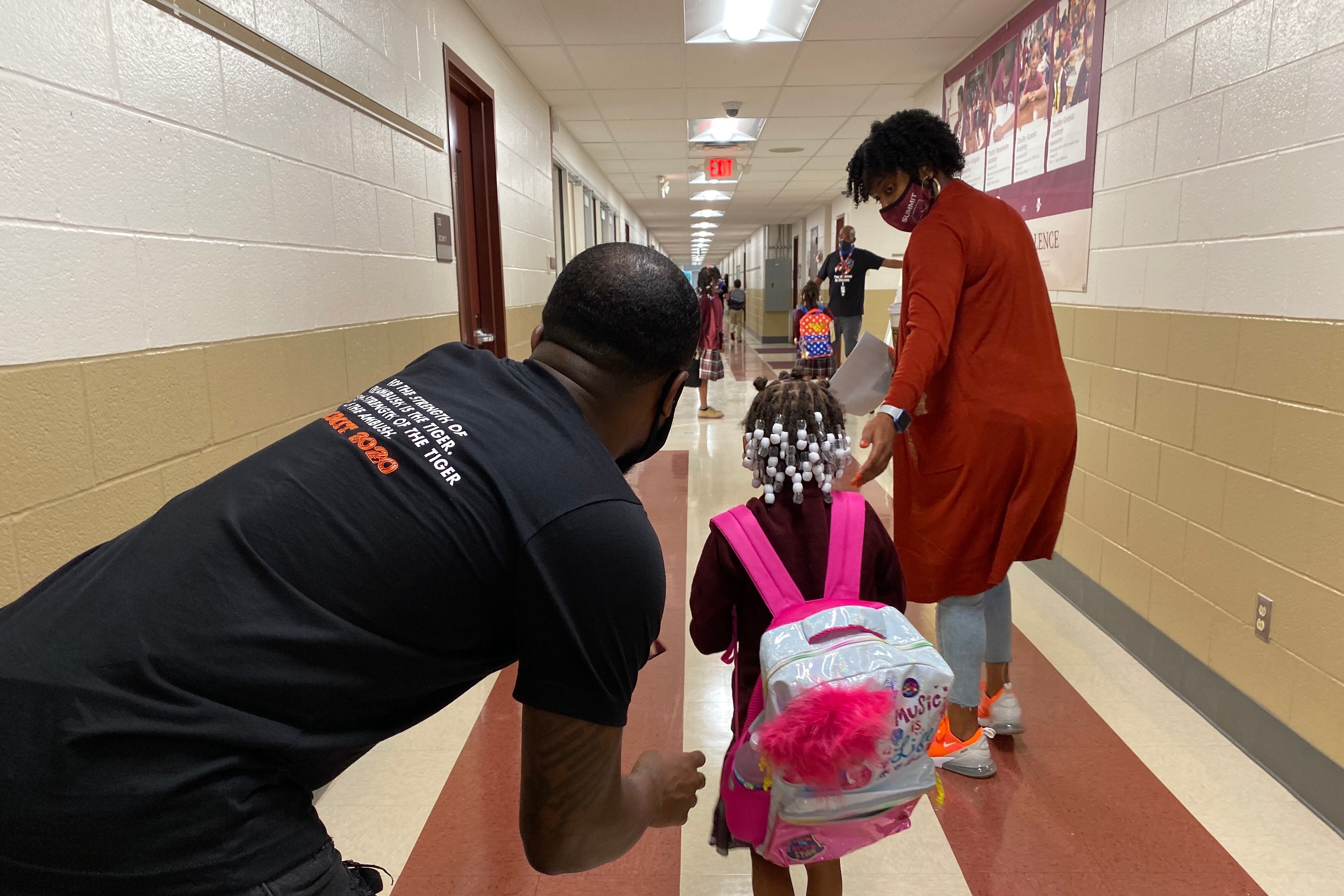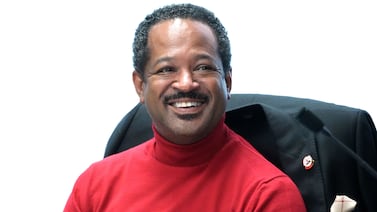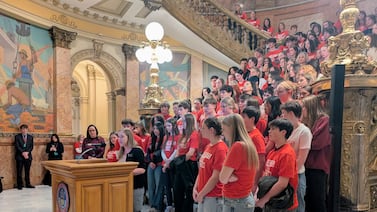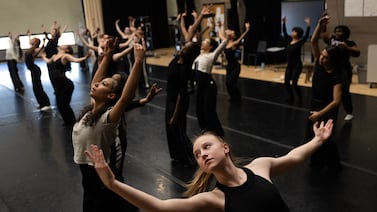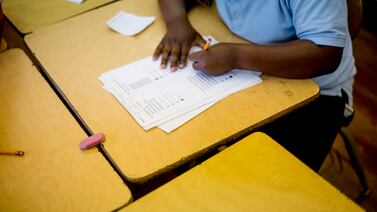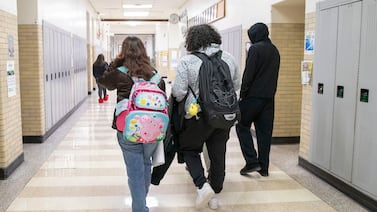A new study based on Indiana Department of Education data links specialization among elementary school teachers to worse outcomes for students.
By teaching fewer subjects to more students, specialists run the risk of weakened student relationships, reducing teacher effectiveness in reading and math, according to the paper, co-authored by NaYoung Hwang and Brian Kisida of the University of Missouri’s Harry S. Truman School of Government and Public Affairs.
Hwang and Kisida write that while previous research has outlined the benefits of specialization — such as playing into teachers’ strengths and reducing the burden of training — a review of seven years of Indiana state education data found that specialization reduces teaching effectiveness as measured by test scores and attendance and discipline data.
“For individual teachers, we find clear evidence that they perform worse in specialized teaching roles relative to general roles as measured by their impacts on student achievement in math and reading,” the paper says.
“From the perspective of total school performance, we find no evidence that schools that increase the proportion of teachers working as specialists experience improvement in student achievement, absences, or disciplinary infractions.”
Though most elementary teachers teach all subjects in self-contained classrooms, specialization is on the rise, according to the paper, as part of an effort to hire more highly qualified teachers.
By teaching a narrower slate of subjects, teachers can build their expertise faster and focus their preparation, one study hypothesized. Specialists also report less stress and more job satisfaction, another found.
But the tradeoff may be teaching more students, which could make it more difficult for teachers “to learn each individual students’ strengths and weaknesses, special circumstances, and needs,” according to the paper.
“Research consistently shows that establishing strong relationships with teachers plays an important role in student development by increasing school engagement and connectiveness, particularly in early stages of schooling,” it said.
In Indiana, the study also found that teachers who are considered not highly qualified are more likely to become specialists, and that the negative effects of specialization on reading and math outcomes are worse for low-achieving students, those who are eligible for subsidized lunch, students enrolled in special education, and English language learners.
One reason the researchers give for these findings is that administrators may “not able to effectively determine which teachers should specialize in which subjects.”
But keeping students with one specialist for a second consecutive year is also shown to reduce the negative effects of specialization, according to the study.
“Although the results are suggestive, they show that finding strategies to increase student-teacher familiarity with specialists may improve their effectiveness,” the study says.

